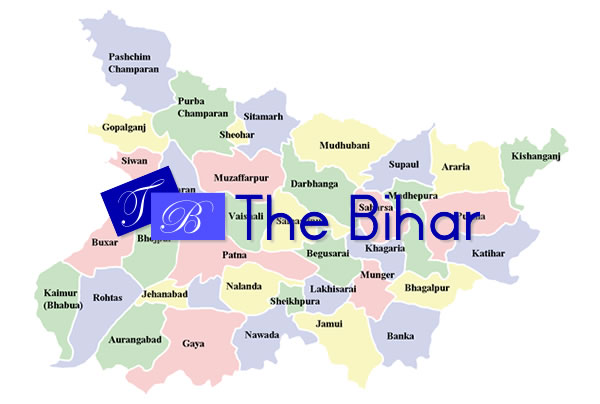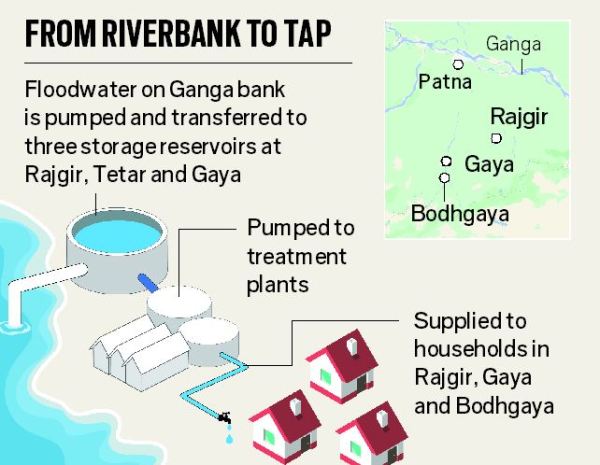Why Patna will become India’s ‘Marx’imum City in June
2 min readNEW DELHI: The high noon of Marxism is gone. But Karl Marx, the philosopher and social theorist who was born on May 5 exactly 200 years ago, continues to stir and stimulate the finest of intellects worldwide. From June 16-20 A-list academics, ranging from London to Buenos Aires and Moscow to Dakar, will deliver 38 lectures and present 17 papers in what promises to be a non-stop birthday party of the Marxian kind in an unlikely city: Patna.
Organised and funded by Patna-based Asian Development Research Institute (ADRI), the global conference promises to convert Bihar’s capital into India’s Marx-imum City for five days as social scientists debate dialectical materialism and theory of class formation in a state that has also been the ground zero of caste-based conflicts.
Sample this: Samuel Hollander, professor emeritus, Toronto University, will lecture on Marx’s revolutionary credentials. Renowned Cairo-born social scientist Samir Amin will give a talk on “The Communist Manifesto (1848), 170 years later.” Barbara Harriss-White of Oxford University, an expert on rural economics, will speak on petty production and India’s development.
There’s more. Bergamo-based Riccardo Bellofiore, whose research interests include capitalist contemporary economy and the philosophy of economics, will cheekily ask “Is There Life on Marx? The Critique of Political Economy as a Macro-Monetary Theory of Capitalist Production.” Principal literary theorist Gayatri Chakravorty-Spivak will lecture on “How Can We Use Marxism Today?” A professor at Colombia University, Chakravorty-Spivak is best known for her essay ‘Can the Subaltern Speak?’ and for her translation of, and introduction to, French guru philosopher Jacques Derrida’s Of Grammatology.
Some other names in this galaxy of social scientists are Miguel Vedda, Jan Toporowski, Peter Hudis and Spencer Leonard.
“It is certainly an apt moment not just to remember Marx, but to rethink and interrogate all that is sourced to him, both academically and in terms of political practice,” the conference’s concept note says. “With a futuristic perspective, it would also be interesting to speculate what would have been the international political scenario now had the USSR not imploded in 1991,” the note further says.
Why Patna? Shaibal Gupta, member-secretary, ADRI, says, “Bihar like many other geographies has no specific connection to Karl Marx. But, both in theory and praxis, theories of Marxism, hold true for this state.”
The current Bihar legislative assembly has three members of the radical Left organization, CPI (ML) Liberation. Seven Left parties, including CPI (ML) Liberation, CPI (M), and CPI garnered a combined three per cent of the total votes in the 2015 poll. For decades after Independence, Left parties carried clout in pockets of south-western and central Bihar though their sway has declined over the decades, especially after the caste-based Mandal Commission Report was implemented in the early 1990s.
Courtesy: TNN


